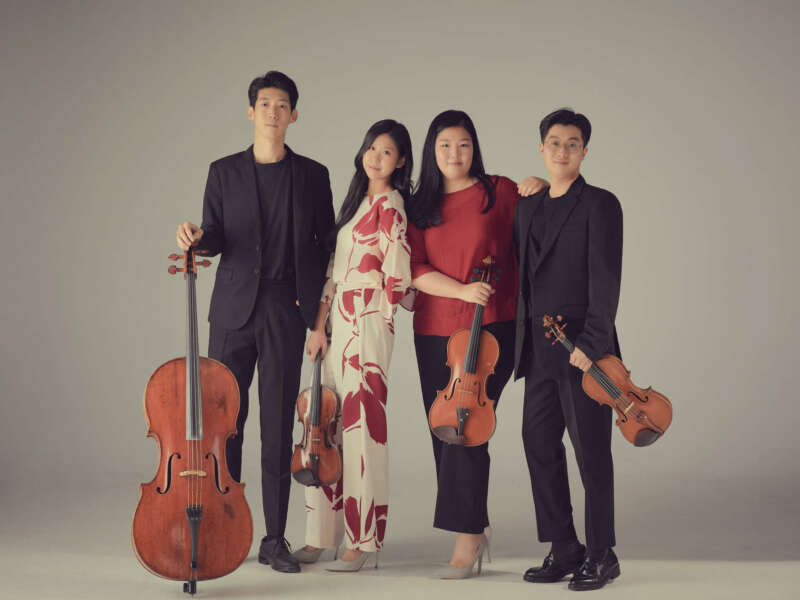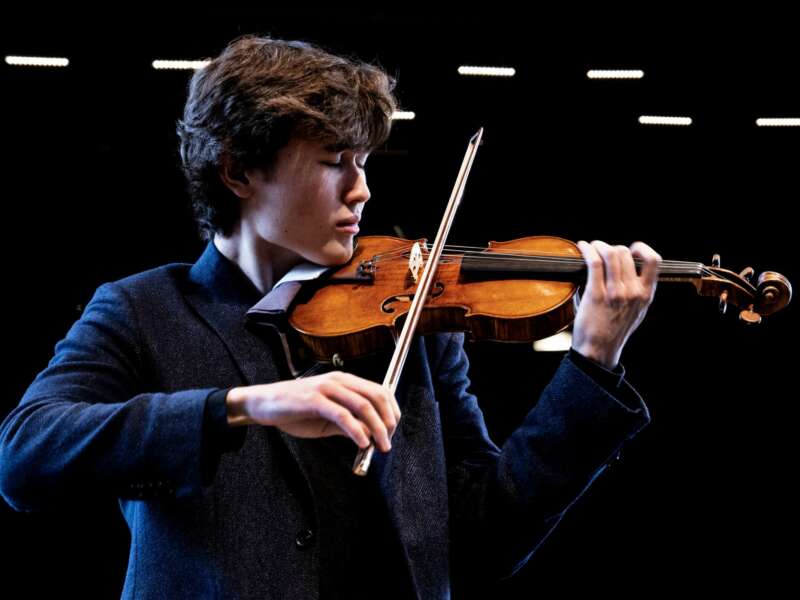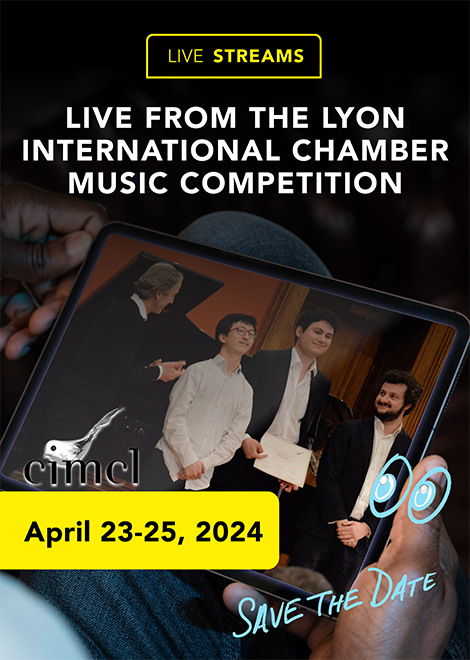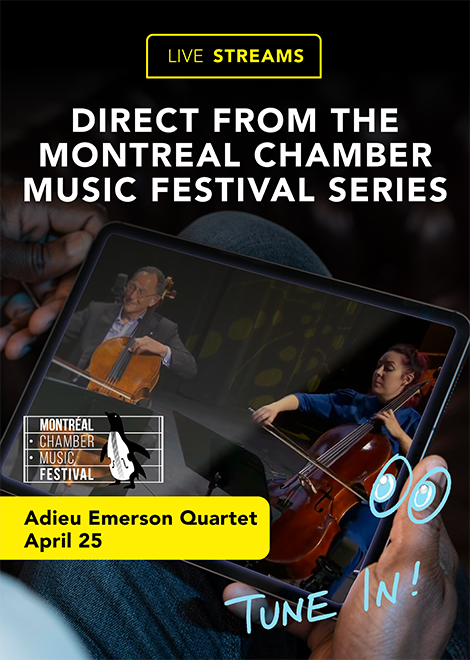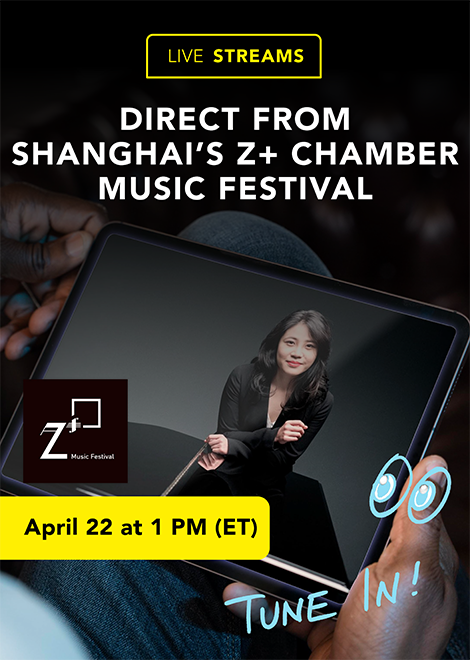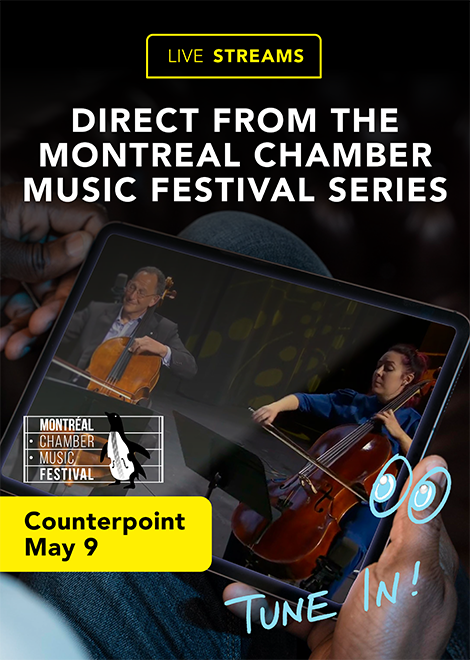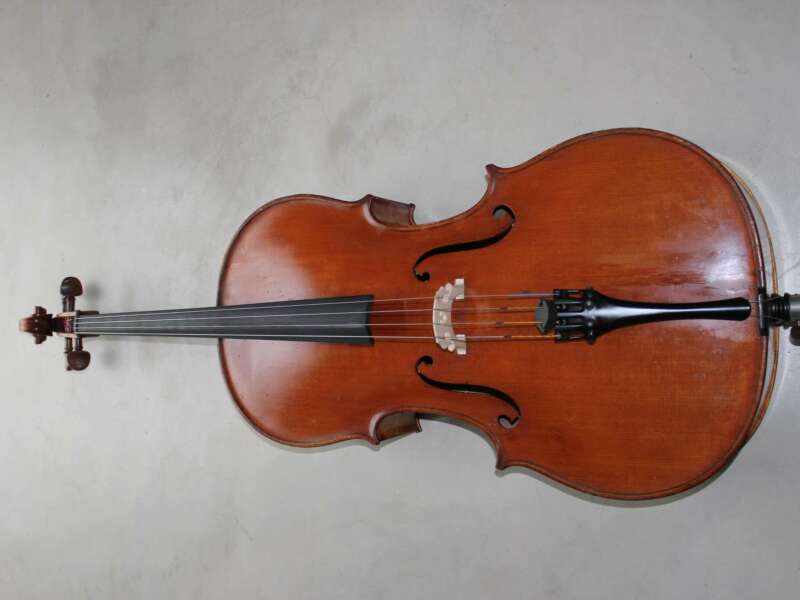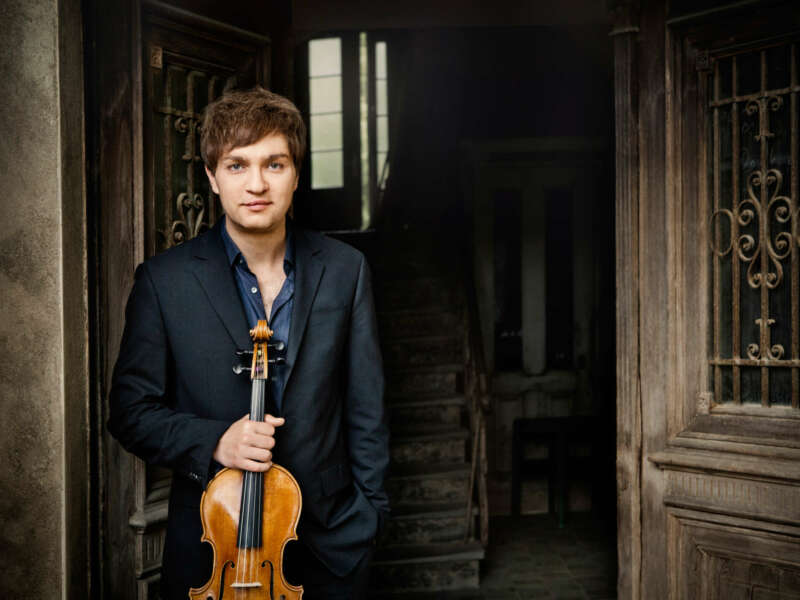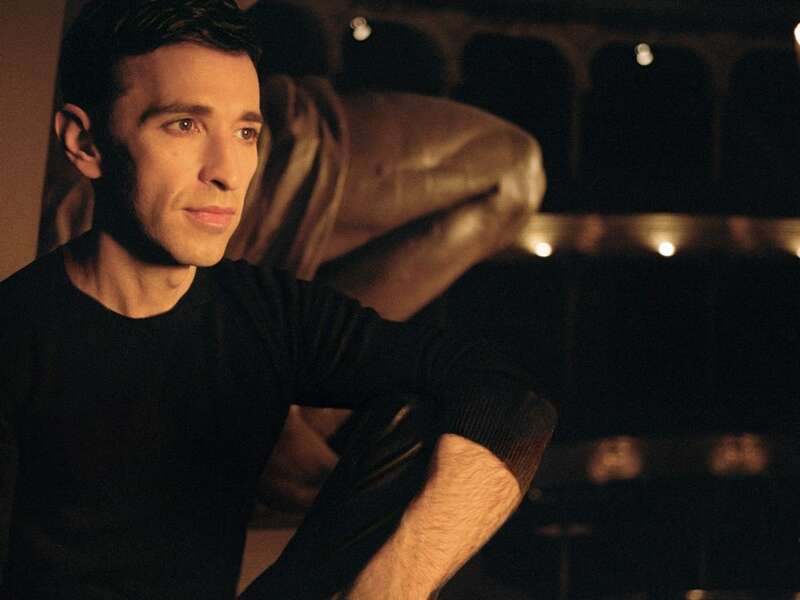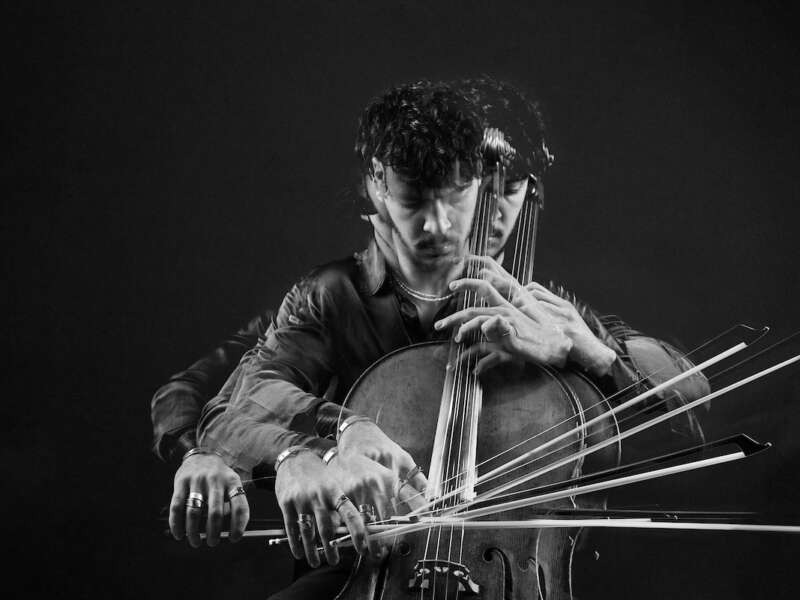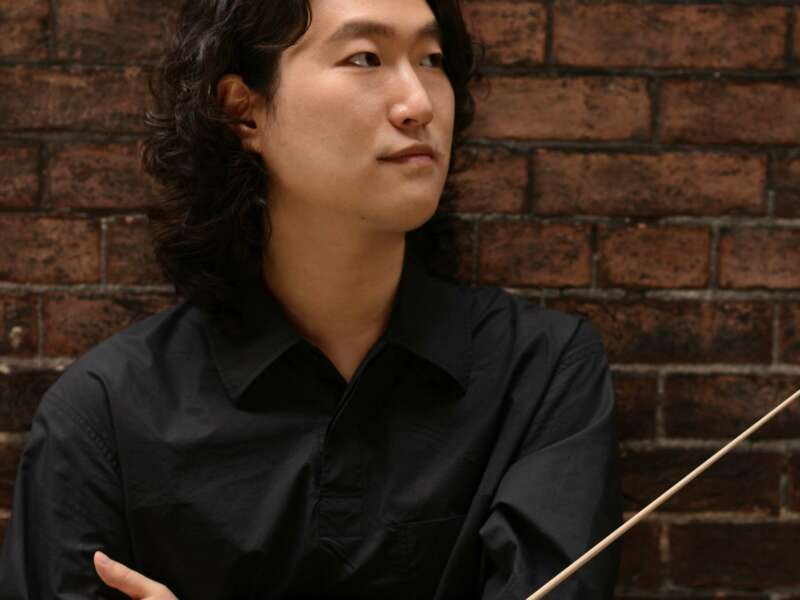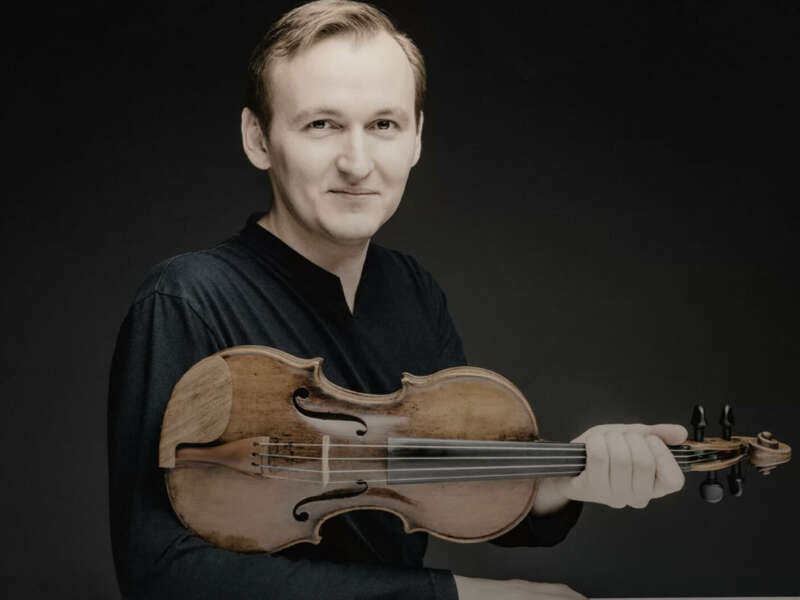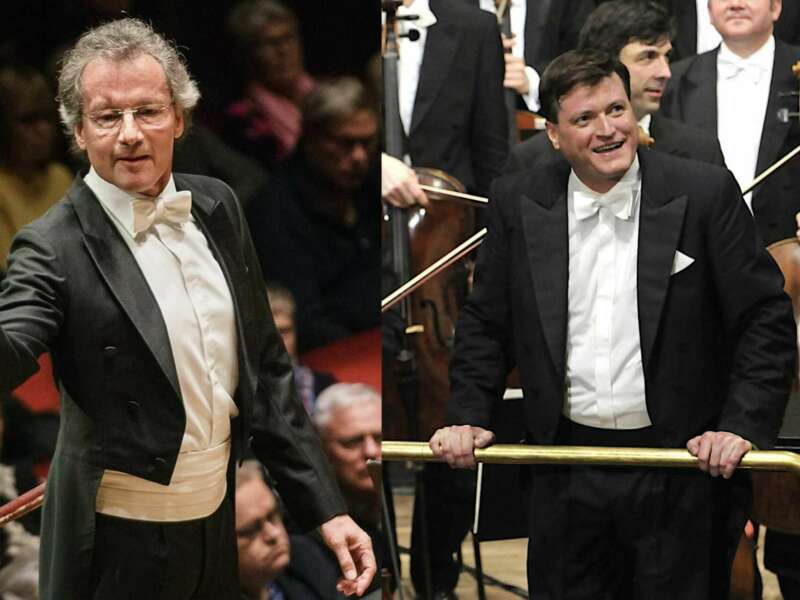Discover Composer Rita Ueda and Her Work, "Birds Calling… from the Canada in You"
The Violin Channel spoke with Ueda about their work with the Azrieli Foundation and the upcoming U.S. premiere on March 28
The Azrieli Music Prizes (AMP) – celebrating 10 years of excellence in music creation – will return to New York City with three remarkable new works for soloists and orchestra by Iman Habibi, Aharon Harlap, and Rita Ueda.
On March 28, at Lincoln Center's Alice Tully Hall, the Orchestra of St. Luke’s will perform these three U.S. premieres, led by guest conductor Steven Mercurio, alongside internationally renowned soloists Sharon Azrieli, Sepideh Raissadat, Naomi Sato, and Zhongxi Wu.
The Violin Channel talked with Rita Ueda to discuss her piece "Birds Calling… from the Canada in You," which you can hear below:
What are you excited about for the US premiere of your piece?
Rita Ueda: This is not just a US premiere! It’s in New York! Alice Tully Hall, Lincoln Center! Orchestra of St. Luke’s! I used to watch concerts from the Lincoln Centre on television as a little girl, and I used to dream about having a performance there. This is amazing! I can hardly contain my excitement! It is doubly exciting to be working with great colleagues, Naomi Sato (sho, Japanese mouth organ), Zhongxi Wu (sheng, Chinese mouth organ and suona, Chinese shawm), and Steven Mercurio (conductor).
How has the piece evolved since you composed it?
The piece is a soundscape concerto that requires all the wind players to be seated in the balcony where they imitate the 450+ varieties of Canadian wild birds. I really wanted to create the effect of the birds flying around in the sky. I thought this would be a simple matter of creating a seating map in the score. As the performances moved on from its premiere with the Orchestra Métropolitain at the Maison Symphonique (Montreal) to the Philharmonia Orchestra at Cadogan Hall (London), and then the Esprit Orchestra at Koerner Hall (Toronto), I discovered that no two concert halls are alike. Every performance in a different hall requires a new seating plan that has to be carefully planned and coordinated with the entire production staff. The performance at Alice Tully Hall is no different. It was discovered during pre-production that some of the balcony seats are not wide enough to accommodate large instruments (like the tuba). I am grateful to the Azrieli Foundation for allowing me to fly into New York last January so I can create a new seating plan.
What are you gaining from the experience of working on your piece with different orchestras and conductors?
As a child, I was taught by well-meaning adults that orchestral music is one of the most conservative genres in Western music. Orchestral composers are not supposed to experiment, improvise, or bring in instruments and techniques from outside the Western canon. Birds Calling has three featured instruments from Asia. The sho represents Japan, my parents’ culture, and sheng/suona represent the Chinese Canadians, the most visible culture in Vancouver (my current home). Many of the most beloved Canadian birds are not songbirds – Canada geese, Atlantic puffins, blue jays, Canadian snow geese, woodpeckers, snowy owls, and Anna’s hummingbird, to name a few. The orchestra is asked to utilize structured improvisation and contemporary extended techniques (some instruments has to be taken apart during the performance!) to imitate these birds. The conductor has the most difficult contemporary part. He has to direct each member of the ensemble in the three-dimensional space because musicians are seated all around the hall. There is no time signature for him to direct. Instead, he is asked to manage the overall texture and structural direction of the performance.
Needless to say, I was shaking with fear while I was composing, and I was extremely nervous at the first rehearsal. The warm and welcoming reaction of every orchestra surprised me. So many performers approached me to tell me how happy they were to finally try something new, fun, and refreshing. I was really touched and encouraged.
How does it feel to hear your pieces with (we’re guessing) slightly different interpretations?
Birds Calling is a flexible score designed to produce same-but-different results with each orchestra and concert hall. I recently met a lady who had been to all three of the performances so far. She told me she loved how the piece brought out the different personalities of each orchestra and hall. I nearly wept for joy! It is incredible how many emails, comments, cards, and letters I have received for Birds Calling. I am so happy so many people feel the same way about the piece.
This NYC Concert is your last commitment for the Azrieli Music Prizes. How would you characterize your prize journey? What would you tell other composers about the AMP experience?
I had originally set out in 2022 to write a rousing bird call fanfare to celebrate Canada’s multicultural society. However, the news events of that year shook my belief in Canada – the discovery of thousands of unmarked graves at former residential schools for Indigenous children, the truckers’ convoy, and the rise in race-related violence. I simply could not compose a celebration. With the help of the staff and jury of the Azrieli Foundation, I was able to change course by creating a piece that would inspire much needed civil conversations about Canada. The music ends with the sound of a gunshot – a reminder to all Canadians to protect our society.
I am grateful to everyone at the Azrieli Foundation who gave me the space, time, and opportunity to go through this artistic journey. I am a more honest and courageous artist as a result.
Can you tell us about the AMP Performance Fund?
The AMP Performance Fund is a wonderful feature of the Azrieli Music Prize. Ensembles can apply for support to produce more performances of the laureates’ works beyond the initial prize performances. This is so important for a composer. All too often, a commissioned work does not have a life after the world premiere. It is so wonderful for all the AMP pieces to have a chance at further performances through this fund. I had a performance of Birds Calling last January with the Esprit Orchestra at Koerner Hall (Toronto). It was wonderful to work with Alex Pauk, who conducted the piece with much love and attention. It was a fabulous experience working with such an iconic Canadian orchestra.
How did you incorporate Japanese, Chinese, and Western musical traditions?
Sho and sheng have the same musical ancestry. The sho is the ancient form of the sheng when it was first introduced to Japan in the 7th century. The two instruments therefore sound similar, but their playing practice have developed in different ways. The role of the sho is to play aitake, the ethereal cluster-chords that accompany music of gagaku (Japanese traditional court music). The sheng is a folk-like melody instrument with a long tradition of improvisation. During the first movement, the sho and the sheng are playing the same music as they walk parallel to each other (like wings of a jet plane – the magical bird that flew my family to Canada across the Pacific Ocean), but the musical results from the two instruments are very different. The sho is reserved, ethereal, and harmonious while the sheng is lively and whimsical with melodious energy.
The second movement was inspired by Zhongxi Wu’s training as a suona player - he was taught to imitate hundreds of different Chinese wild birds before he was allowed to play traditional music. The third movement is about the dangers of living in Canada. The sho encounters storms, floods, avalanches, snow storms, and wild fires. In spite of all the hardships, the orchestra manages come together and tune up to a unified A=440 Hz. The last movement features an orchestral improv inspired by my American former teachers: Wadada Leo Smith, Lucky Mosko, Earle Brown, and Lou Harrison. The conductor cuts of each player one at a time until the orchestra turns into a quartet, a trio, a duet, and a solo. All the while, the sho plays a gagaku version of O Canada (the Canadian national anthem) and the suona imitates the call of the Canadian loon.
may 2024


